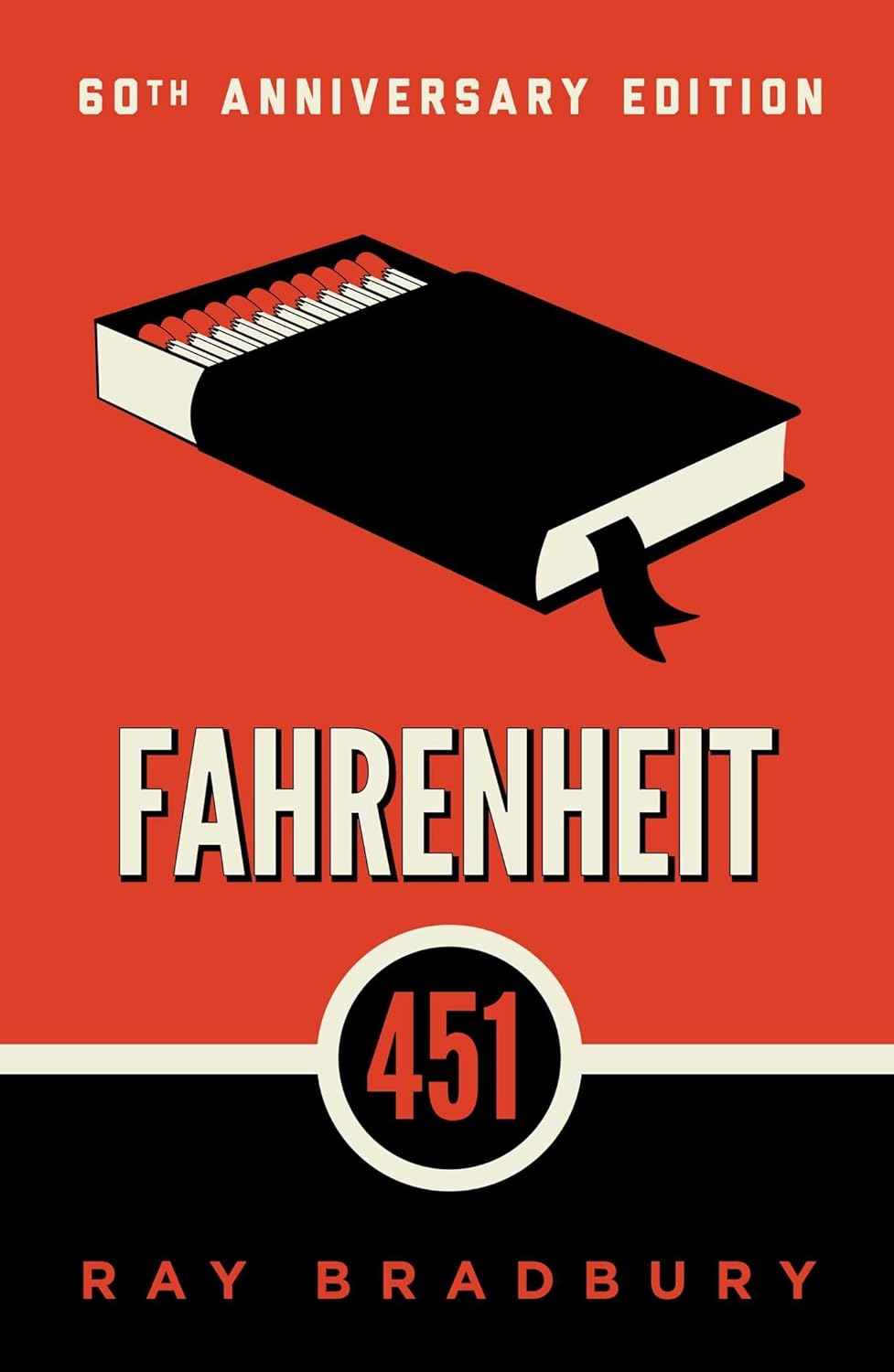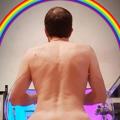🌈 Barbapulpe 😇 ᴮᵒᵒᵏᵂʸʳᵐ reviewed Fahrenheit 451 by Ray Bradbury
Une dystopie qui résonne avec l'époque actuelle...
4 stars
Un livre qui n'est pas sans rappeler 1984 de George Orwell, qui dépeint une société ayant basculé vers le totalitarisme, avec là aussi une police de la pensée et une volonté de supprimer le rêve et la libre pensée des personnes.
Qui n'est pas non plus sans rappeler la politique de certains pays qui se disaient démocratiques il y a encore peu. Assez effrayant dans sa vision quand on pense qu'il a été écrit en 1951.
Un roman assez court, à lire ou à relire absolument. Avant qu'il ne soit lui aussi brûlé.
Un livre qui n'est pas sans rappeler 1984 de George Orwell, qui dépeint une société ayant basculé vers le totalitarisme, avec là aussi une police de la pensée et une volonté de supprimer le rêve et la libre pensée des personnes.
Qui n'est pas non plus sans rappeler la politique de certains pays qui se disaient démocratiques il y a encore peu. Assez effrayant dans sa vision quand on pense qu'il a été écrit en 1951.
Un roman assez court, à lire ou à relire absolument. Avant qu'il ne soit lui aussi brûlé.






